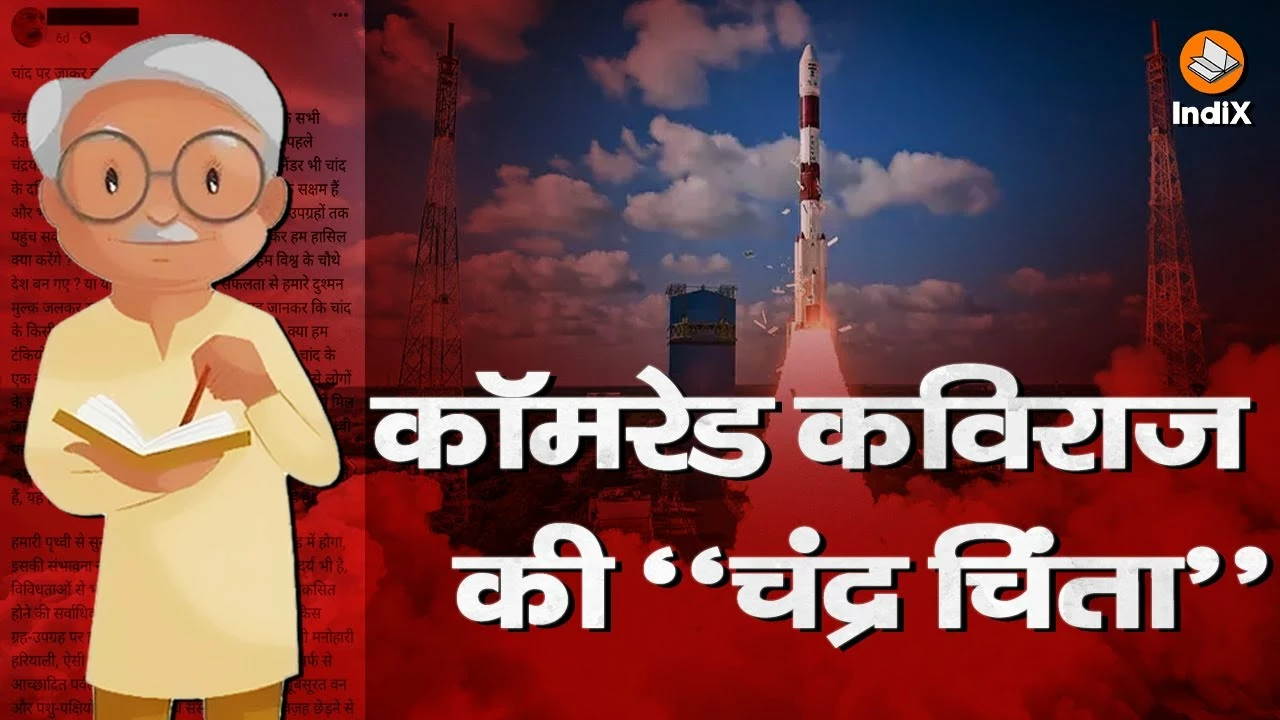Opinion/Editorial: Why Critics Stay in India
You’ve seen the tweets and read the columns — people who criticize India but still live here. It sounds like a simple question: if you hate something, why don’t you leave? The answer is rarely simple. This page collects short, practical takes that explain the real reasons people stay even when they complain loud and clear.
Practical barriers that stop people from leaving
Money matters. Moving abroad costs thousands of dollars for visas, flights, deposits, and the period when you have no steady income. A nurse in Mumbai or a small shop owner in Kolkata can’t just pack up and go the next week.
Paperwork and rules matter too. Immigration systems are strict. Skilled workers may get work permits, but securing them takes time, exams, and sponsorship. Ordinary people without in-demand skills face long waits or no legal path at all.
Family obligations keep people anchored. Parents, elderly relatives, or children in school make migration hard. A son who cares for his retired parents or a daughter who’s raising kids won’t leave just to escape politics.
Jobs and networks are local. If your career, clients, or social circle are in India, you lose more than home when you leave. Starting over in a new country often means lower pay, fewer friends, and a steep learning curve.
Emotional reasons that don’t get much attention
Criticism doesn’t equal hate. Many critics stay because they care. They speak out hoping things improve. Leaving can feel like giving up on the people and the place they love.
Identity ties are strong. Language, food, festivals — these daily things matter. A person who complains about government policy might still want Diwali with family or to raise kids in their cultural setting.
Cognitive dissonance plays a role. People accept trade-offs: tolerate problems for benefits like cheap healthcare, proximity to family, or business opportunities. The result is frustration mixed with practical acceptance.
Social pressure and belonging matter. Communities, friends, and social status are hard to replicate overseas. Some prefer the mess of a familiar place to the loneliness of starting over.
Finally, leaving is not a moral test. Uprooting your life is a serious step, not a moral badge. Criticism can be an expression of hope, not a call to pack your bags.
These opinion pieces dig into real stories — a student blocked by visa rules, a caregiver tied to home, a tech worker weighing career trade-offs. They don’t moralize. They explain.
If you want more focused takes, look for essays that match your angle: policy, personal stories, or economic realities. Each one shows a different reason people stay despite their loudest complaints.

Why don't people who hate India leave India?
In my recent blog post, I delved into the complex issue of why individuals who express disdain for India, don't simply leave the country. I found that many of these individuals face financial constraints or familial obligations that limit their ability to relocate. Additionally, their criticism might also stem from a deep love for their nation and a desire for its betterment, rather than pure hatred. It's also worth noting that voicing discontent can be an essential part of democratic societies, including India. Lastly, the process of immigration is not easy and involves numerous challenges and hurdles, making it not a feasible option for everyone.
CONTINUE READING



